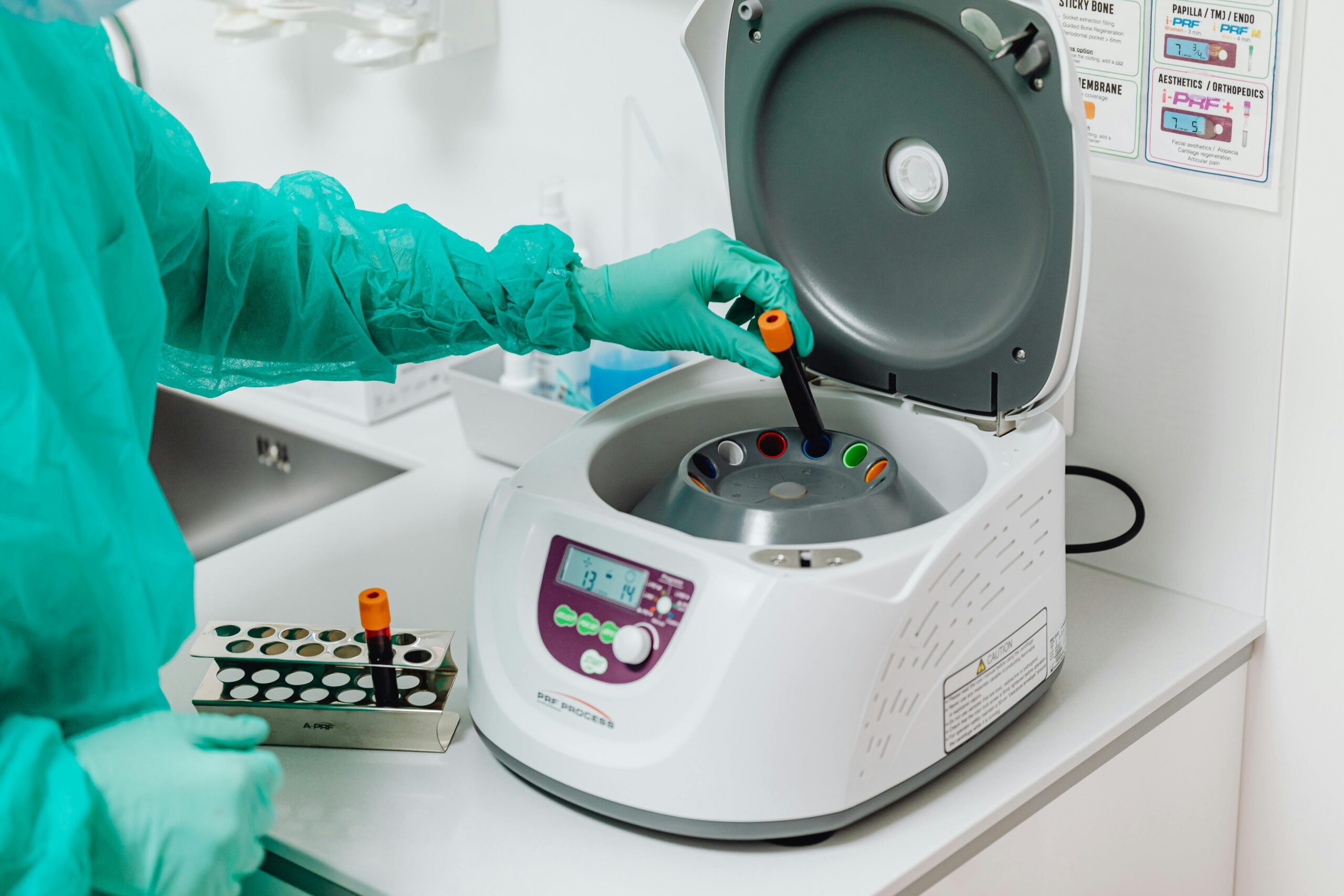The course focuses on the study of environmental microbiology, with an emphasis on both terrestrial and marine habitats with a goal to analyze microbial biodiversity using modern environmental genomics technologies, molecular classification, and microbial ecology, as well as to study microbial interactions within ecosystems. The course examines microbial symbioses, nutrient cycles, and the role of microorganisms in the biodegradation of xenobiotic compounds, such as organic pollutants and petroleum-derived substances. Additionally, it covers marine biotechnology, emphasizing in microbial metabolic networks and their interactions within marine habitats. In this frame, biotechnological applications for the production of high-value-added products from marine microorganisms are discussed. These include bioactive molecules with applications in nutrition and cosmetology, animal feed, biostimulants, and biofertilizers. Special emphasis is given on cultivation technologies for marine photosynthetic microorganisms and the application of metabolic engineering methods for production optimization of high-value bioactive compounds.


